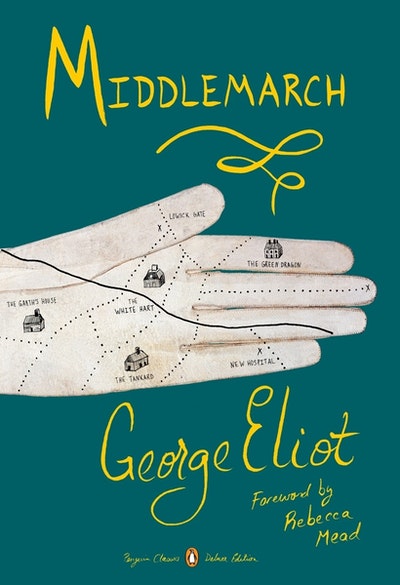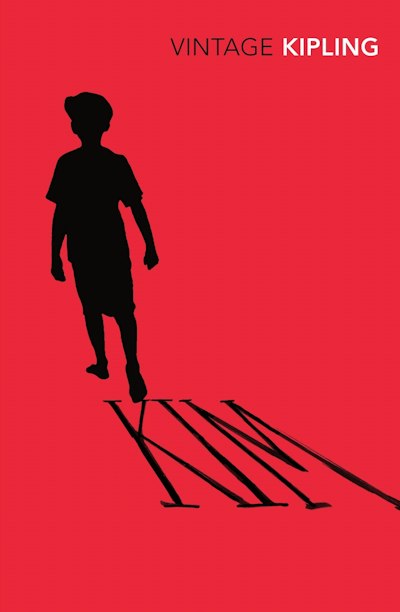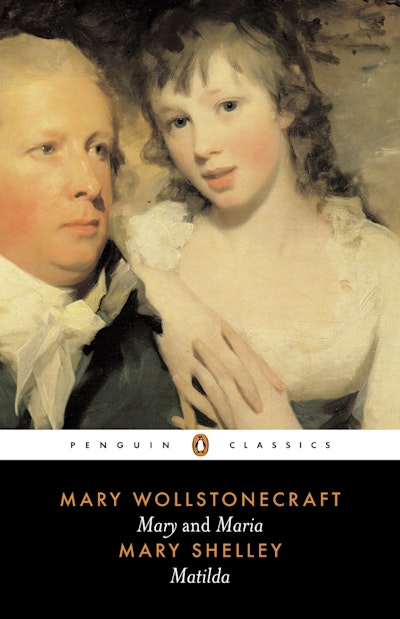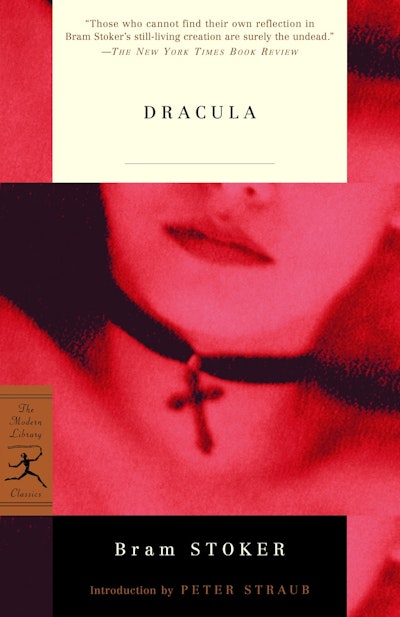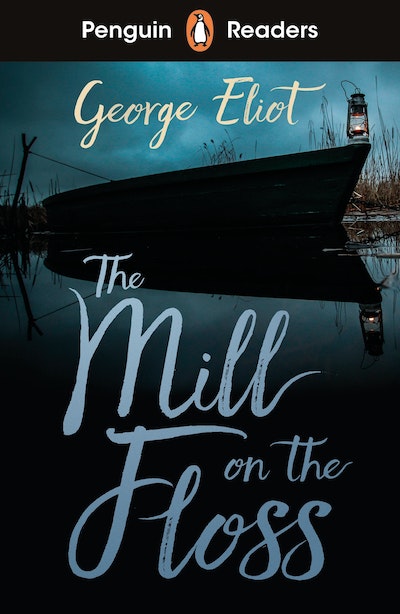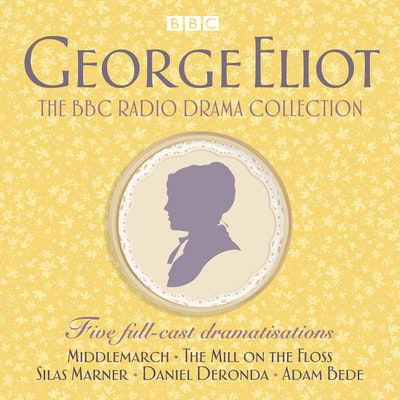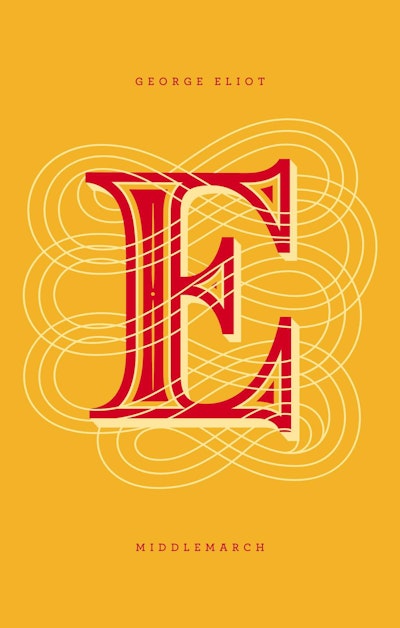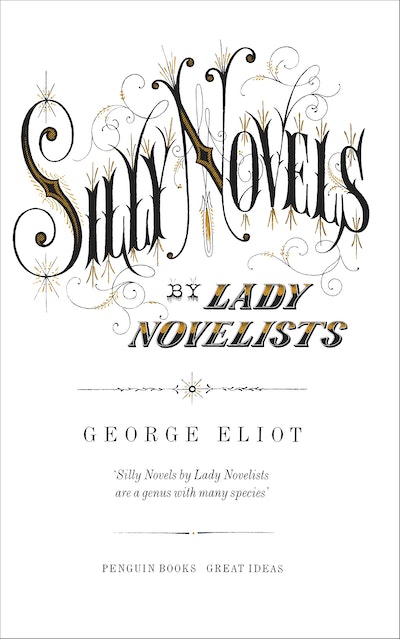- Published: 29 October 2015
- ISBN: 9780143107729
- Imprint: Penguin Classics
- Format: Paperback
- Pages: 800
- RRP: $49.99
Middlemarch
The new paperback series: Penguin English Library
George Eliot’s beloved masterpiece in a Penguin Classics Deluxe Edition with a foreword by Rebecca Mead, author of the bestselling memoir My Life in Middlemarch
A triumph of realist fiction, George Eliot’s Middlemarch: A Study of Provincial Life explores a fictional nineteenth-century Midlands town in the midst of sweeping change. The proposed Reform Bill, the new railroads, and scientific advances are threatening upheaval on every front. Against this backdrop, the quiet drama of ordinary lives is played out by the novel’s complexly portrayed characters—until the arrival of two outsiders further disrupts the town’s equilibrium. Every bit as powerful and perceptive in our time as it was in the Victorian era, Middlemarch displays George Eliot’s clear-eyed yet humane understanding of characters caught up in the mysterious unfolding of self-knowledge.
In this elegant Penguin Classics Deluxe Edition, Rebecca Mead introduces the novel that shaped her life and reflects on its joys and its timeless relevance.
For more than sixty-five years, Penguin has been the leading publisher of classic literature in the English-speaking world. With more than 1,500 titles, Penguin Classics represents a global bookshelf of the best works throughout history and across genres and disciplines. Readers trust the series to provide authoritative texts enhanced by introductions and notes by distinguished scholars and contemporary authors, as well as up-to-date translations by award-winning translators.
- Published: 29 October 2015
- ISBN: 9780143107729
- Imprint: Penguin Classics
- Format: Paperback
- Pages: 800
- RRP: $49.99
Other books in the series
Related titles
Praise for Middlemarch
“Middlemarch, the magnificent book which with all its imperfections is one of the few English novels written for grown-up people.” —Virginia Woolf “The most profound, wise and absorbing of English novels . . . and, above all, truthful and forgiving about human behaviour.” —Hermione Lee "No Victorian novel approaches Middlemarch in its width of reference, its intellectual power, or the imperturbable spaciousness of its narrative...I doubt if any Victorian novelist has as much to teach the modern novelists as George Eliot...No writer has ever represented the ambiguities of moral choice so fully". —V. S. Pritchett "Middlemarch is probably the greatest English novel." —Julian Barnes "It is possible to argue that Middlemarch is the greatest English novel." —A. S. Byatt "Certainly the greatest [English] novel." —Martin Amis
